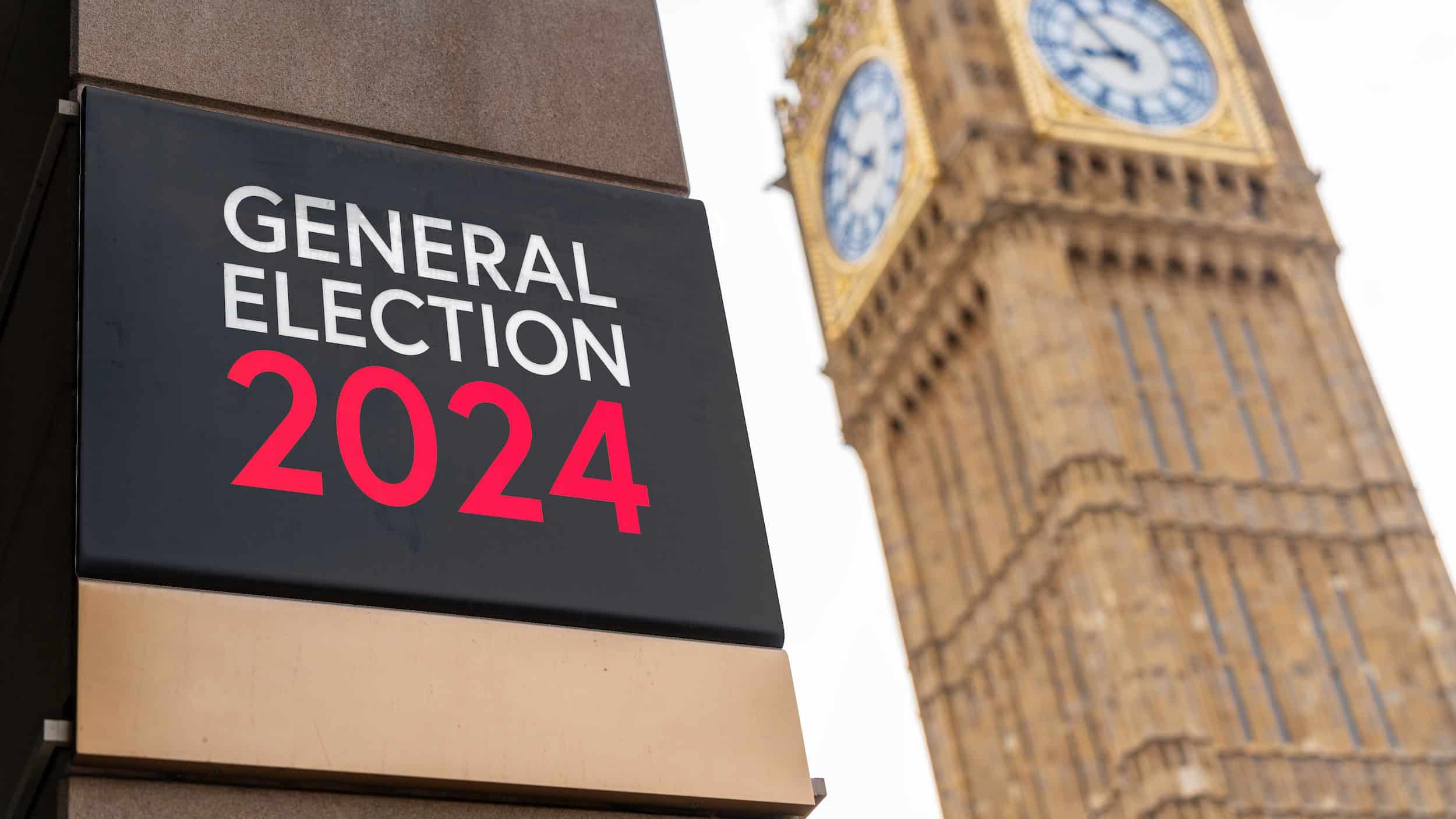
23 November 2023
|Whistleblowing
Recent Supreme Court ruling – why are Deliveroo riders not workers?
On 21 November 2023, the Supreme Court handed down its decision in Independent Workers Union of Great Britain v Central Arbitration Committee & another [2023] UKSC 43 (“the IWGB decision”). It held that Deliveroo riders are not “workers” within the meaning of section 296 of the Trade Union and Labour Relations (Consolidation) Act 1992 (“TULRCA 1992”). Although the IWGB decision concerned a collective bargaining case under TULRCA 1992, the IWGB decision is significant as the approach taken by the Supreme Court is identical to how courts or tribunals apply the worker status test under the Employment Rights Act 1996 (“ERA 1996”) or the Equality Act 2010. The IWGB decision is therefore also of significance in determining worker status in discrimination or whistleblowing cases.
Legal framework
A “worker” is defined in section 296(1)(a) and (b) TULRCA 1992 as “an individual who works, or normally works or seeks to work – (a) under a contract of employment, or (b) under any other contract whereby he undertakes to do or perform personally any work or services for another party to the contract who is not a professional client of his…”
The IWGB accepted that the Deliveroo riders were not under a contract of employment but sought to argue that they were workers under section 296(1)(b) TULRCA 1992 (known as a “limb b” worker). Unlike individuals under a contract of employment (who are subject to a full suite of employment rights, such as the right against unfair dismissal and the right to receive a statutory redundancy payment), limb b workers are subject to lesser protections since they are not full-blown employees. Nonetheless, limb b workers benefit from important employment rights, such as working time, minimum wage, as well as the ability to bring discrimination and whistleblowing claims.
By contrast, a person who is considered truly a self-employed contractor lacks these legal protections.
Under domestic law, the leading case on “limb b” workers are Uber BV v Aslam [2021] UKSC 5, in which the Supreme Court made clear that tribunals and courts need to “determine whether the claimants fell within the definition of a “worker” in the relevant statutory provisions so as to qualify for these rights irrespective of what had been contractually agreed”. In the Uber BV decision, the Supreme Court held that Uber drivers were workers for the purposes of ERA 1996, Working Time Regulations 1998 and the National Minimum Wage Act 1998. The Supreme Court upheld the Tribunal’s finding that the Uber drivers were limb b workers given the level of control that Uber exercised over its drivers.
In Pimlico Plumbers Ltd v Smith [2018] ICR 1511, Lord Wilson stated that the correct test is whether there is an obligation of personal performance. However, there may be cases where the ET can adopt the dominant feature analysis, for example, where the Claimant has the right to substitute. In the Pimlico Plumbers case itself, the Supreme Court held that plumbers working at Pimlico Plumbers were workers on the basis that: (i) their right to substitute was severely limited; and (ii) Pimlico Plumbers exercised tight control over the Claimant, which pointed away from the Claimant being a truly independent contractor.
The IWGB decision
The Supreme Court noted that “[t]here are many situations in which persons are in a position of unequal bargaining power and are offered contractual terms on a take it or leave it basis. However, that does not mean that they are entitled to band together and require the counterparty to negotiate with them collectively”.
The Supreme Court went on to note that “[t]he power conferred on Riders under the new contract to appoint a substitute is virtually unfettered and, unlike the position in Pimlico Plumbers, is not limited to other Deliveroo Riders. As the CAC emphasised, it applies both before and after a Rider has agreed to make a delivery. Such a broad power of substitution is, on its face, totally inconsistent with the existence of an obligation to provide personal service which is essential to the existence of an employment relationship within article 11.”
The court went on to note that Deliveroo did not exercise tight control over its riders. By way of example, riders were not required to carry out any deliveries and could start and stop work when they chose. They were also allowed to work for competitors and had no protections from financial risk, whether in the form of insurance, guaranteed earnings, or otherwise.
On the facts, the relationship between Deliveroo and its riders was “fundamentally inconsistent with any notion of an employment relationship”.
What to take away
The IWGB decision serves as an important reminder that not all gig economy contractors are workers, given that the decision in Uber BV ultimately turned to its facts.
The Supreme Court’s finding that an inequality of bargaining power does not automatically result in a person having worker status is not only significant for gig economy contractors, but also, for example, independent consultants providing services to companies (who might have limited bargaining power to negotiate the terms of service with the company). Ultimately, a tribunal has to undertake a multifactorial analysis of the realities of the relationship and must not assume that an inequality of bargaining power automatically results in an individual having worker status.
As noted above, workers can bring discrimination and whistleblowing claims in the Employment Tribunals. The IWGB decision is therefore significant for discrimination or whistleblowing claims where the employer attempts to dispute worker status as a preliminary issue.









